Woolies, Coles, Aldi busted for discounting controversial product
Supermarkets claim to be cutting down on it, yet continue to drive customers towards it by making it substantially cheaper.
A recent report from the Australian Marine Conservation Society (AMCS) has painted a grim picture of major supermarkets in Australia and their use of plastic.
The Unwrapped 2024 report audited Woolworths, Coles, Aldi, and Metcash (IGA) on their packaging practices and the results highlight a significant gap between the supermarkets’ commitments to sustainability and their actions.
It was revealed that the four major brands are actually encouraging customers to choose plastic-wrapped produce by offering discounts on such products.
This concerning find means that shoppers are often penalised for trying to purchase fresh produce without packaging, as loose items are more expensive than their plastic-wrapped counterparts in 73 per cent of cases.
For example, loose potatoes are over 50 per cent more expensive than the same quantity wrapped in plastic, while loose oranges are 41 per cent more expensive, loose carrots are 38 per cent more expensive, and loose onions are 27 per cent more expensive.
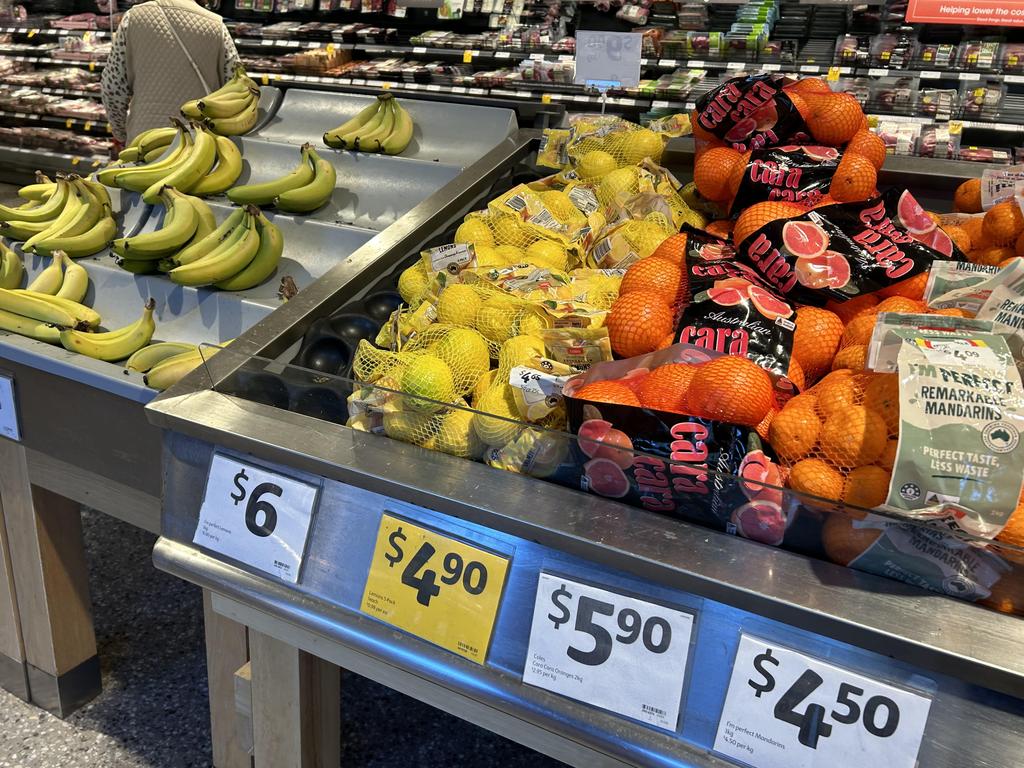
These price differences can provide an incentive for customers to bring home unnecessary single-use packaging and purchase set amounts that may lead to food waste.
The price differences at Woolworths, Coles, and Aldi ranged from a few cents up to $1.48 per kilogram, equating to approximately $155 extra a year when buying just three loose items per shopping trip for a family of four – almost the cost of a weekly shop ($168).
Metcash could not be assessed in this report as they do not operate individual stores.
The findings also show customers lack sufficient options to avoid plastic packaging when shopping.
To address these issues, the report outlined its recommendations for supermarkets, the main one being to stop charging more for loose fresh produce which is something they have been doing for the past two years.
Some food charities, including Woolworths’ food rescue partner OzHarvest, recommend selling loose fresh produce so shoppers can buy what they need.
However, for customers to have the genuine opportunity to avoid plastic, the products must be cost competitive.
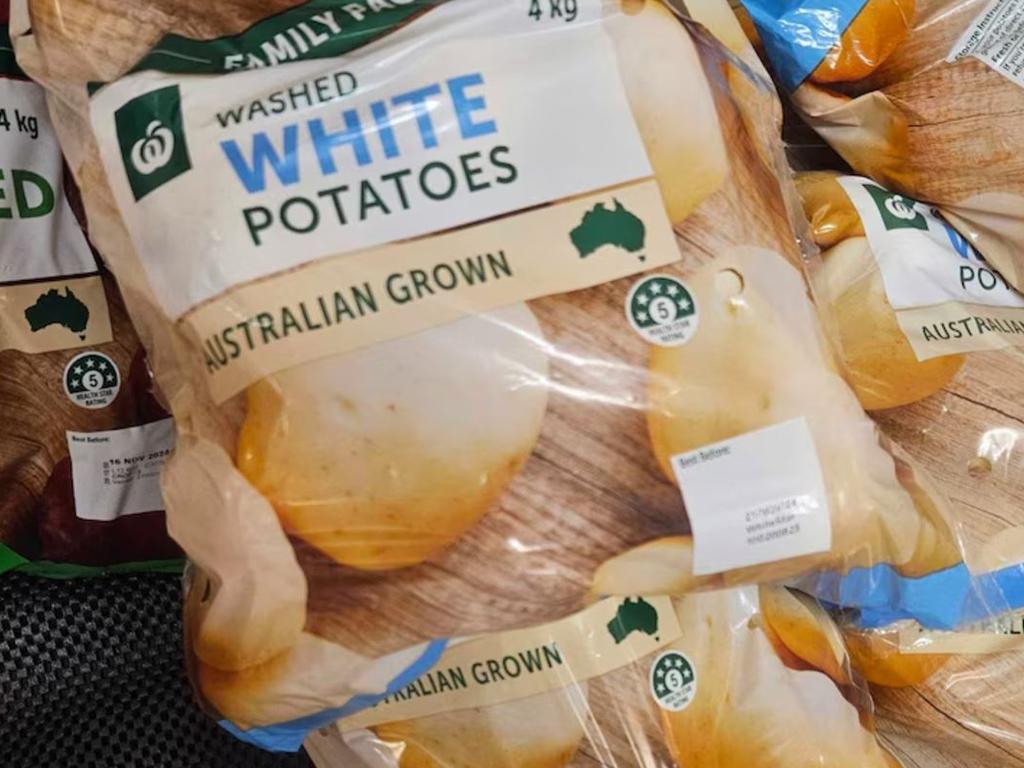
Supermarkets respond
In response to the report, Woolworths defended its packaging practices, stating that packaging is often used to offer produce in bulk, which results in a lower unit price for packaged items compared to loose ones in many cases.
A spokesperson emphasised that much of their fruit and vegetable range is sold loose but some items are packaged to provide bulk options or to extend shelf life.
“We can often provide a lower price per kilo by selling a larger volume, compared to individual pieces,” the spokesperson explained.
They acknowledged that “there is still more to do” and vowed to continue publishing packaging data to ensure accountability for their progress while also encouraging its suppliers to do the same.
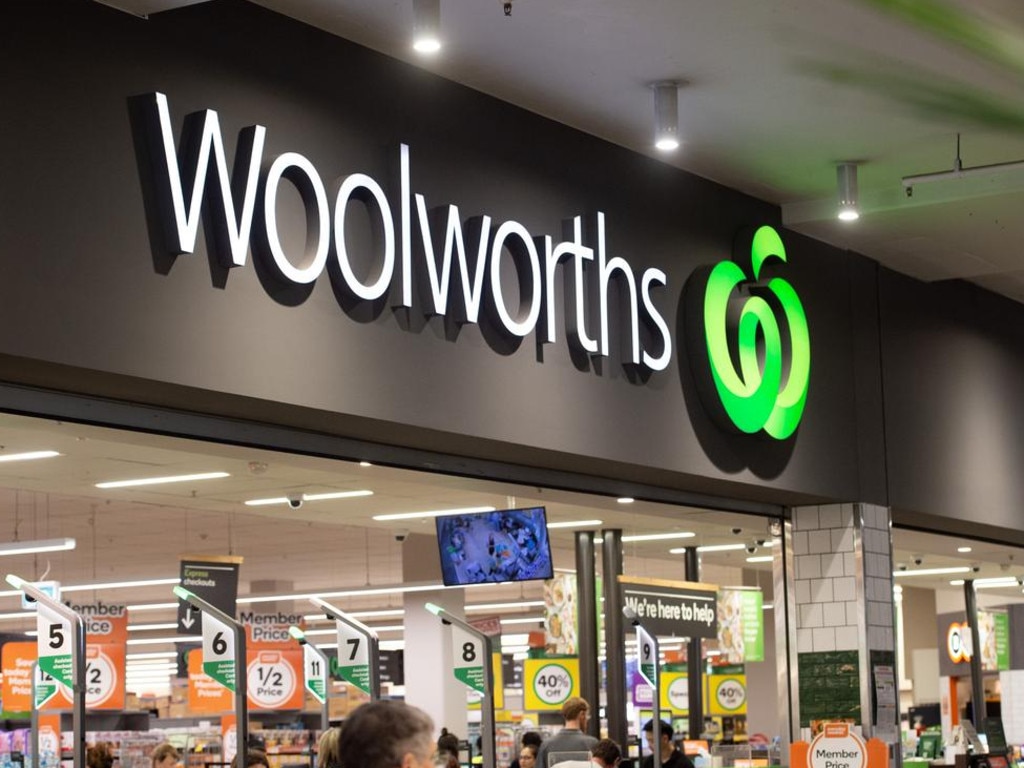
When contacted, Coles highlighted its efforts to reduce plastic, including trials for using cardboard boxes instead of bags in select stores.
They also said that offering both fresh and packaged produce allows customers to have more choice.
“In addition to providing our customers with great value, we also aim to offer them choice. Across our stores, our customers can choose from a wide selection of loose and pre-packaged fruit and vegetables,” a spokesperson stated.
“The price of fresh fruit and vegetables are impacted by a number of factors such as supply and demand as well as growing conditions.”
They said that in general, pre-packaged fresh produce are smaller in size, which provides customers with more choice and allows growers to use a larger percentage of their crop.
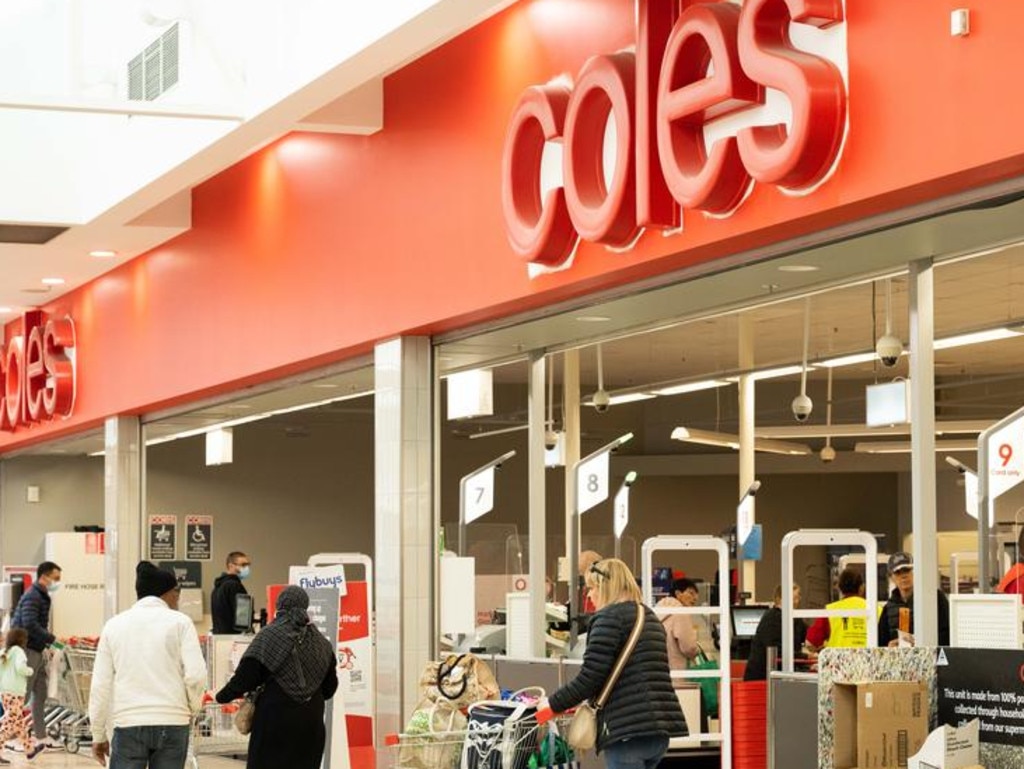
ALDI did not directly answer news.com.au’s questions but sent a statement saying that it “understands” its important role in the responsible use of plastic and the introduction of more sustainable packaging.
An IGA spokesperson mentioned that they are “reviewing” the report’s recommendations and are looking for further improvements in this area.
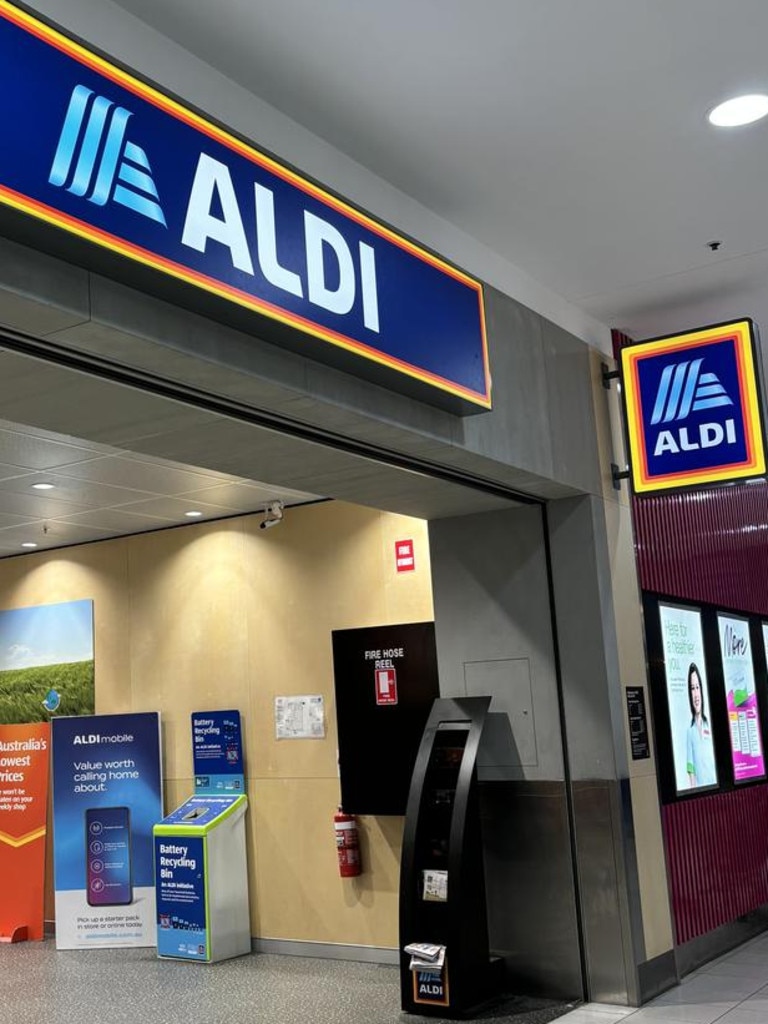
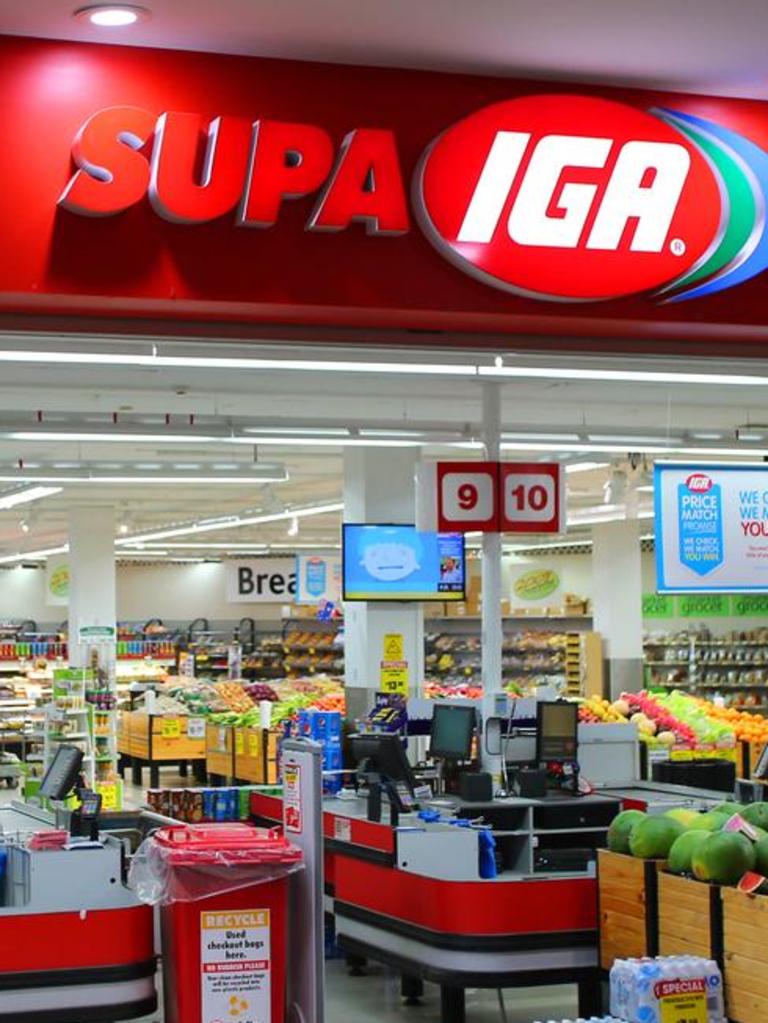
Why are Australian supermarkets being audited for plastic use?
Australia’s $131.7 billion supermarket industry is dominated by four major players, which are well-positioned to make significant reductions to the country’s disposable plastic packaging footprint, the report claimed.
Single-use plastic packaging is particularly problematic as it makes up a large portion of litter in Australia, harming oceans and marine life.
In 2023, plastics accounted for over 80 per cent of the litter collected by Clean Up Australia volunteers, much of which consisted of plastic packaging.
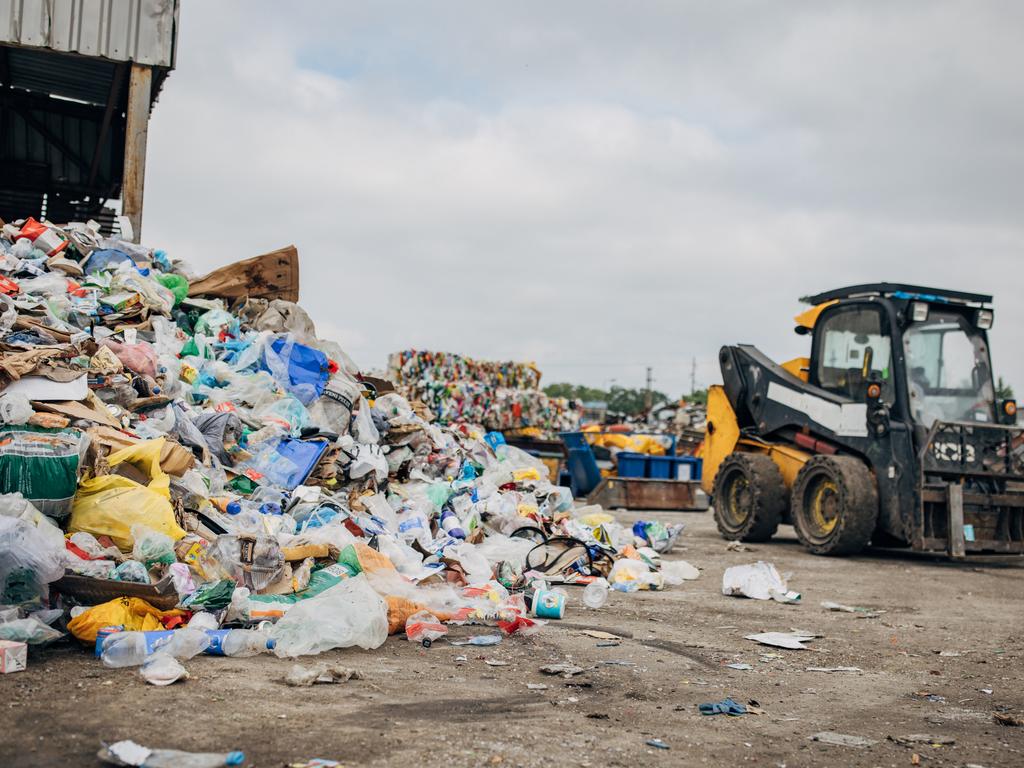
More findings – Woolworths leads, but barely
The supermarkets were evaluated for the report on their performance in transparency, plastic reduction, reuse, recycling, and governance policies.
Woolworths ranked highest among the four supermarkets, achieving a total weighted score of only 38 per cent.
While the retailer showed relative strength in transparency (53 per cent) and governance planning (76 per cent), its performance in critical areas such as plastic reduction (33 per cent) and recycling (21 per cent) was less encouraging.
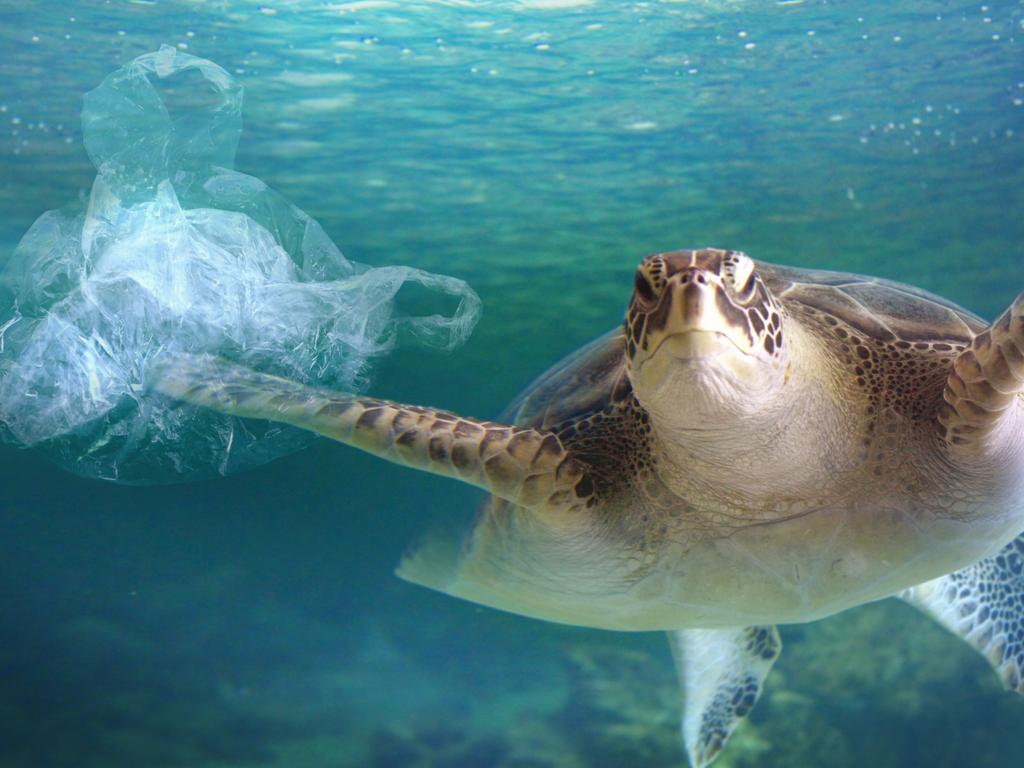
Metcash, Coles, and ALDI performed even worse, with total scores of 23 per cent, 20 per cent, and insufficient data for ALDI, respectively.
As of November 14, Aldi has yet to publish its 2023 sustainability results and due to the limited publicly available data, Aldi could not receive a score for the audit.
Coles and Aldi were particularly poor in the reuse and recycling categories, with Coles achieving only 8 per cent in recycling efforts and ALDI slightly better at 13 per cent.
Metcash also scored low across the board, notably lacking data in the transparency category.





